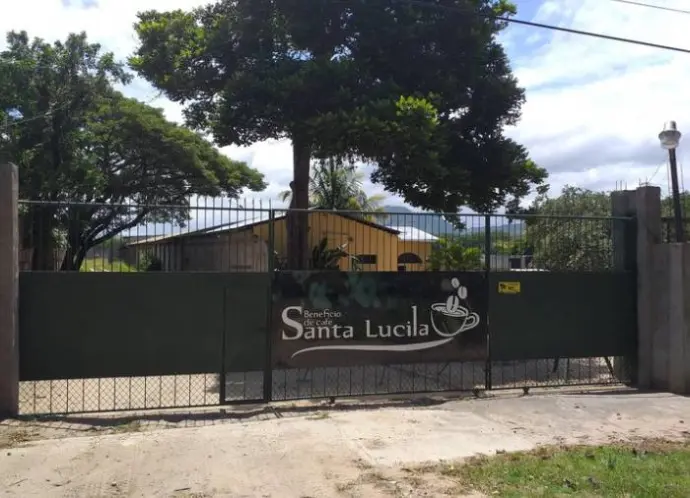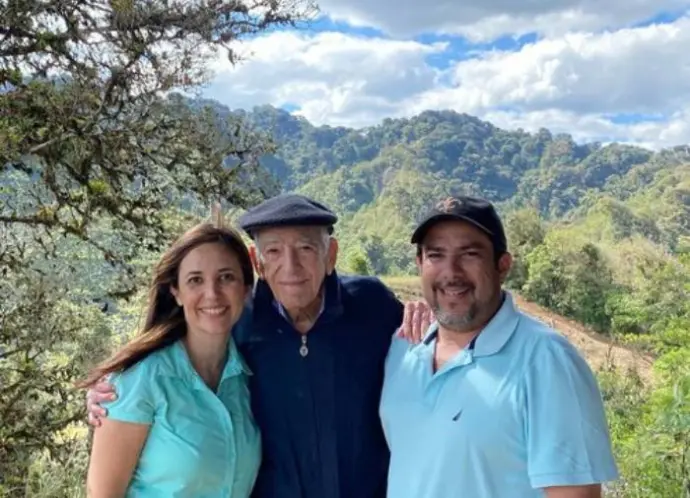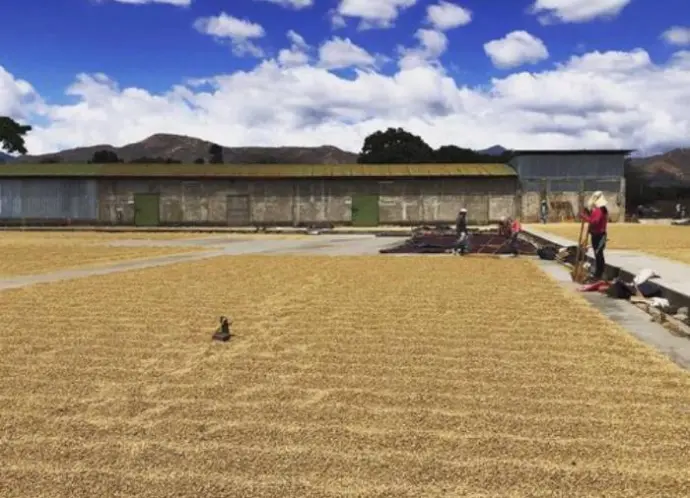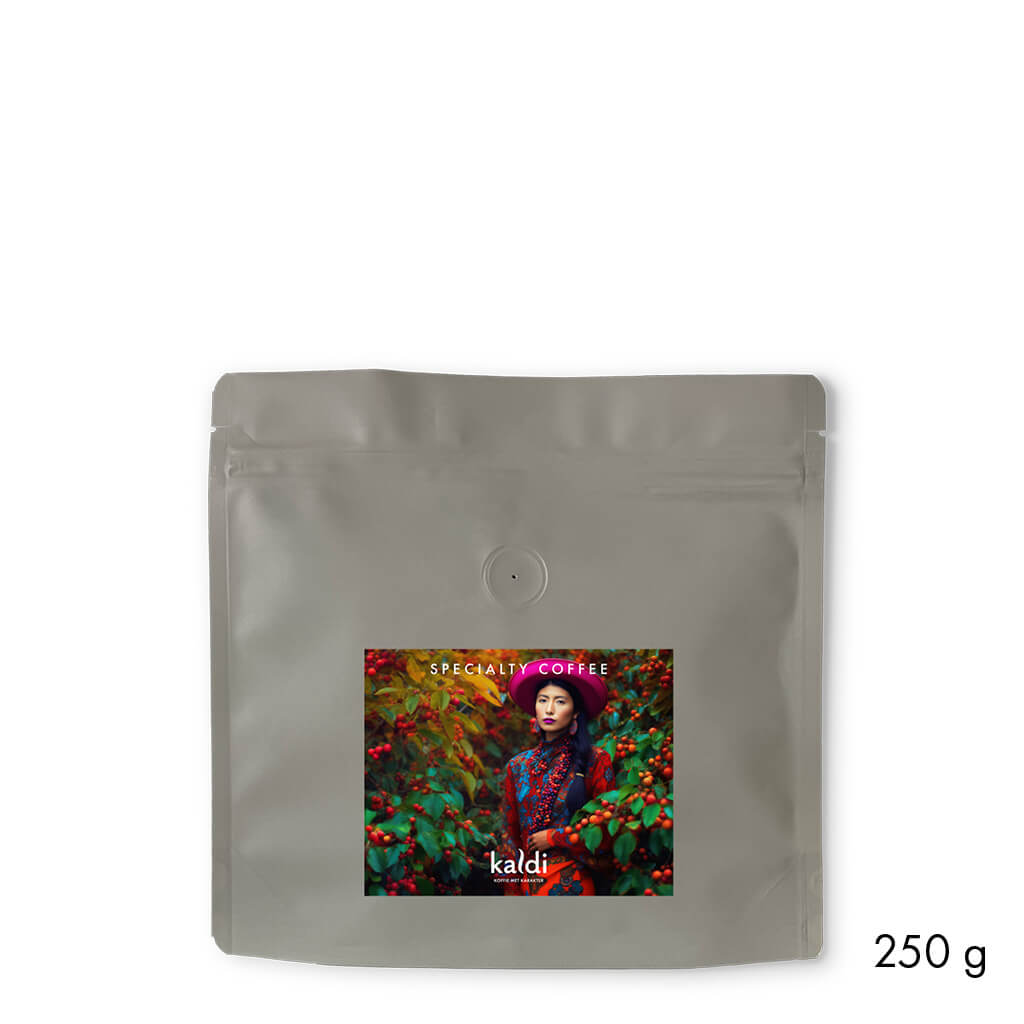
Aroma
Floral, orange blossom, hints of milk chocolate

Body
Round mouthfeel, hazelnut, chocolate

Acidity
Citrus, orange, distinct aroma but not overpowering

Aftertaste
Feeling of brown sugar, with mild acidity
About the Nicaragua Santa Lucila Rojo
Plantations: Paguaga family
Location: Ocotal, Nicaragua
Cultivars: Caturra Arabica, yellow and red rode caturra, villassarchi
Exporter: Café Vidita
Importer: This Side Up-koffie

About the plantations
Los Congos, Las Brumas, La Iguana, La Española, and La Portuguesa are all located in Nueva Segovia, a well-known coffee region surrounded by communities that have long benefited from coffee.
At the Santa Lucila drying mill, the batches from these plantations are brought in, tasted, and classified into flavor categories. Then they leave it up to the customers, in this case This Side Up, to ask for a specific characteristic profile. We decided to recreate the two flavors of the blends we had in our previous collaboration, and it is remarkable how closely the Rojo and Amarillo blends match our wishes.
About the farmers
The Paguaga family manages five coffee plantations in this region and has even managed to protect the mountain peaks of their properties and declare them a nature reserve. Rina and René strive to make their plantations a model that other farmers in the region can follow, and they do this with a systematic approach. The soil is carefully analyzed and strict nutrition plans for the trees are implemented throughout the year. They are truly working to create healthy, happy plantations.


Processing the coffee
The coffee is hand-picked, measured, and pulped without water. Shortly thereafter, it ferments in tanks for 15 to 36 hours. It is then washed and transported to the Santa Lucila Drymill, where it is processed until it reaches a moisture content of 11 degrees. The specialty coffee is packaged in 69 kg bags
Roasting the coffee
The specialty coffee is roasted using a 22 kg Probat UG22 roaster, which was built in 1965. The roasting time is 10 minutes. After the first crack, the coffee is roasted for the remaining 25% of the time.
Pricing
61% is paid by the Paguaga family to the farmers for their wet parchment.
10% for drying and processing the coffee.
8% for transportation.
5% for financing costs to pay the exporter once the coffee leaves the port.
16% for importing and quality control of the coffee.

